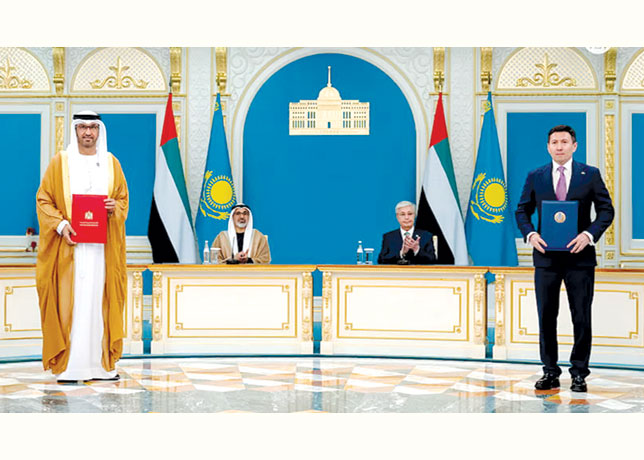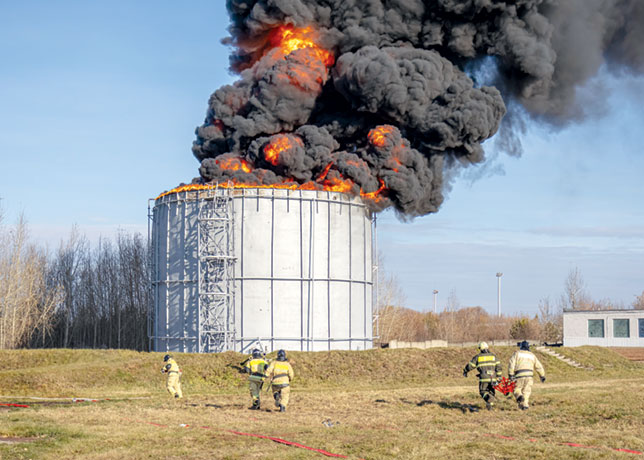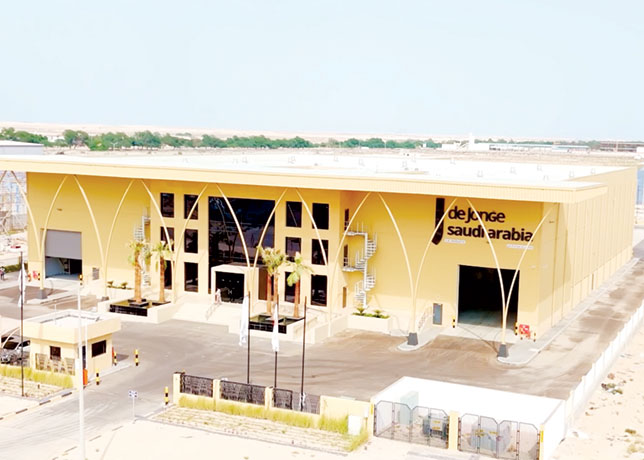 Image by Rorozoa/ Freepik
Image by Rorozoa/ Freepik
Oil prices fell by about $2 on expectations for a US-Iran nuclear deal that could result in sanctions easing, while a surprise build in US crude oil inventories last week heightened investor concerns about oversupply.
Brent crude futures were down $1.99, or 3 per cent, to $64.10 a barrel at 0806 GMT. US West Texas Intermediate (WTI) crude futures were down $2.05, or 3.3 per cent, to $61.10.
US President Donald Trump said on Thursday that the US was getting very close to securing a nuclear deal with Iran, and Tehran had "sort of" agreed to the terms.
This came after an Iranian official told NBC News in an interview published on Wednesday that Iran was willing to agree to a deal with the US in exchange for the lifting of economic sanctions.
"Chased down by the crude build in the EIA Inventory Report, the move is accelerated by what appears to be a cooling of animosity in the US/Iran nuclear negotiations," PVM Oil analyst John Evans said of oil prices.
Washington issued sanctions on Wednesday to target Iranian efforts to domestically manufacture components for ballistic missiles, the US Treasury Department said, following Tuesday's sanctions on some 20 companies in a network that it said has long sent Iranian oil to China.
The sanctions came after a fourth round of US-Iran talks in Oman aimed at addressing disputes over Iran's nuclear programme.
Data from the US Energy Information Administration on Wednesday showed crude stockpiles rose by 3.5 million barrels to 441.8 million barrels last week, compared with analysts' expectations in a Reuters poll for a 1.1 million-barrel draw.
Meanwhile, the International Energy Agency lifted its oil demand growth forecast in 2025 to 740,000 barrels per day, up 20,000 bpd from the previous report, citing higher economic growth forecasts and lower oil prices supporting consumption.
The Organisation of the Petroleum Exporting Countries and allied producers, known as Opec+, has been increasing supply, although Opec on Wednesday trimmed its forecast for growth in oil supply from the US and other producers outside the wider Opec+ group this year. -Reuters
































































